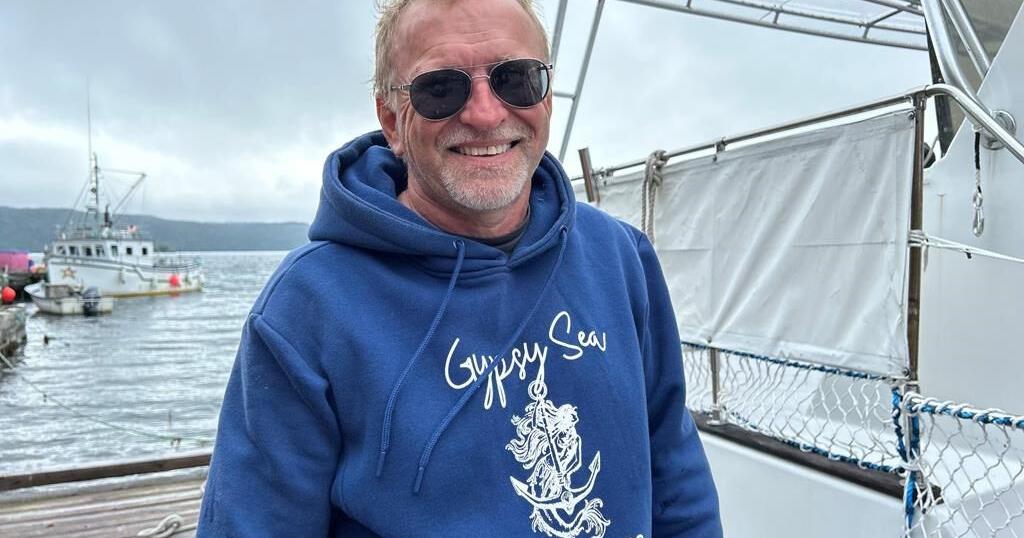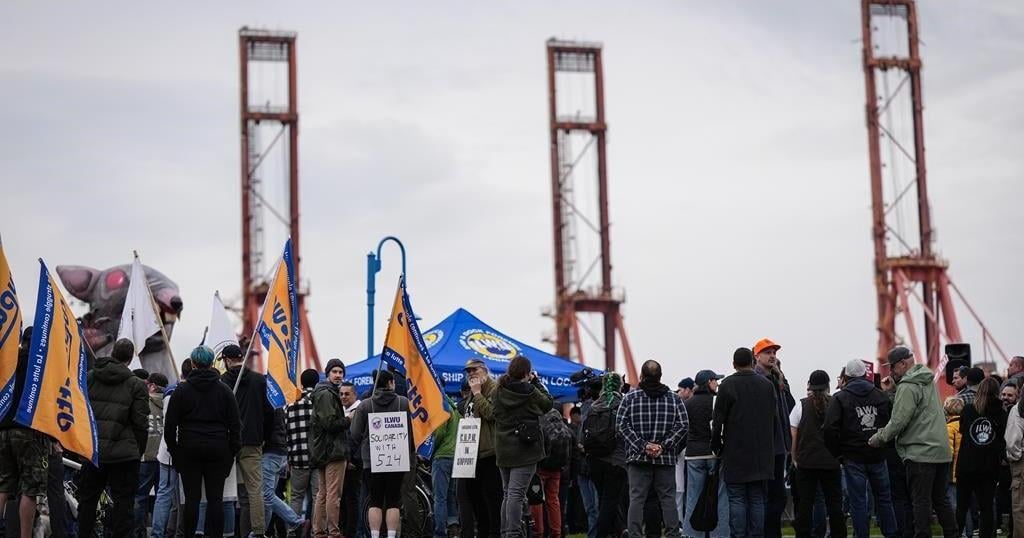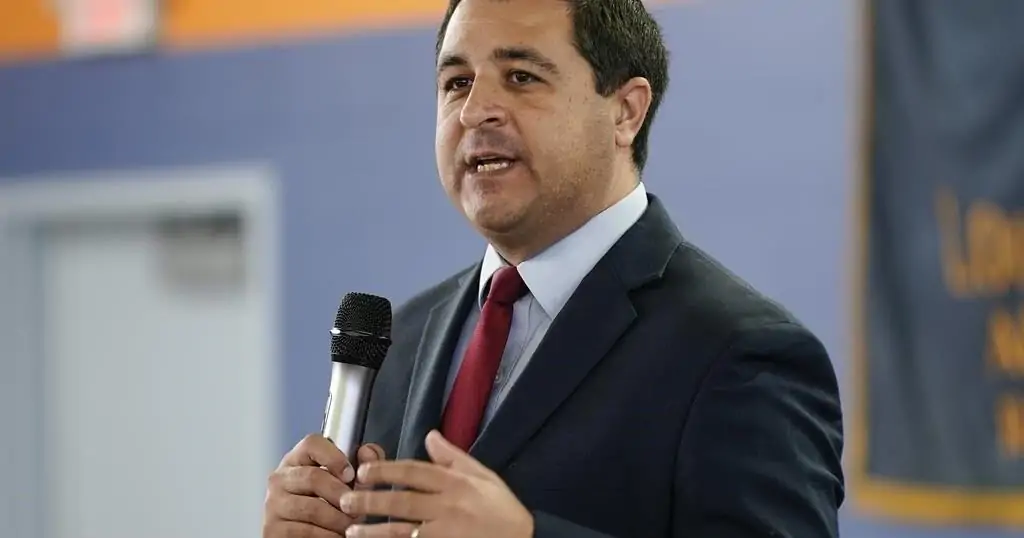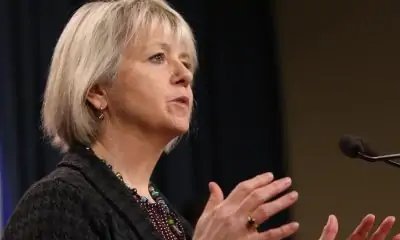HICKMAN’S HARBOUR, N.L. – Brian Avery was three years old when he and his parents packed their belongings into a boat and pulled away from Deer Harbour, N.L., leaving behind their home, their way of life and centuries of family history.
The Averys and their neighbours were abandoning their community on Random Island in Trinity Bay as part of Newfoundland and Labrador’s resettlement program. Their boats were pointed toward Clarenville, N.L., and larger towns beyond, where roads, running water and the promise of jobs outside fishing and forestry awaited.
Fifty-seven years later, Avery is part of a new generation of Newfoundlanders navigating the painful history of resettlement and bringing people back to these abandoned communities through tourism.
“It was a lot of years before they went back, a lot of years before anybody went back. You don’t want to go back to something that hurts,” Avery said of his parents and other residents.
“But I always knew in the back of my mind … there would be a day that people would know about Deer Harbour and the beauty there.”
For centuries, people in Newfoundland relied heavily on fishing and settled in towns near the coast, close to fishing grounds. But after Newfoundland entered Confederation in 1949, the provincial and federal governments began offering people money to leave far-flung communities and move closer to government services.
More than 16,000 people were resettled between 1965 and 1970, leaving behind nearly 120 communities, according to Heritage Newfoundland and Labrador. Some houses holding generations of stories were left standing, empty and intact. Others were lifted up and set afloat to be pulled by boat to the owners’ new communities.
Resettlement broke people’s hearts and divided communities. It still haunts the province today.
“Many people left extremely reluctantly, especially some of the older folks,” said Duane Collins, whose mother was seven when she and her family left their home on the low-sloping rocks of Silver Fox Island, off Newfoundland’s northeast coast in Bonavista Bay. The town was empty by 1961.
“The adults frequently decided to go knowing it was going to be tough for them, but they did it for — hopefully — a better future for their kids.”
Collins’ family kept up their house on the island and used it as a summer home when he was growing up. In 2018, when he was 41, he helped found Hare Bay Adventures, offering day trips to Silver Fox Island and other nearby resettled towns among a roster of other excursions.
The people interested in visiting these towns often have family history in the area, Collins said. Earlier this year, the company took a man living in Ontario to the abandoned community of Newport to spread his father’s ashes on a family grave.
“We’ve had people standing in front of a grave of a relative they’ve never met,” Collins said. “For a place reputed to have thin soils, the roots are very deep.”
Avery launched his company, Gypsy Sea Adventures, with his wife in 2020. He was inspired in part by his father who, in the 1990s, finally went back to Deer Harbour for a visit. He has a cabin there now, and he returns regularly to spend parts of the year there.
“It changed his life,” Avery said. “He had a new sense of purpose because now he’s back to where his roots and his home was, and he can relive all that again.”
His father has filled the cabin with old pictures of Deer Harbour, and he keeps the door open to anyone looking for a cup of tea and a chat about the history of the town.
Avery wants to continue that storytelling with his company, which offers trips to Deer Harbour, and a choice of three cabins for people to stay in. On the eastern end of a small island, tucked between high, rocky hills dotted with shaggy spruce, the town is accessible only by boat.
Avery said he was careful to talk to families with ties to Deer Harbour before launching the business, to be sure they approved of him bringing strangers to the long-isolated town. He wanted to make sure they understood his vision, and that they approved of him sharing the town’s history — a history that is ultimately about the people who lived there, he said.
His clients so far have been a “mishmash” of people, he said. Some were visitors to the province from other parts of Canada, others had Deer Harbour connections.
Earlier this year, he brought out eight members from three generations of a family from Bermuda with ties to the area. They spent their time exploring, learning and eating big family meals.
“That was probably, for me, the most rewarding,” he said. “Because that’s what Deer Harbour would have been about: family.”
This report by The Canadian Press was first published Nov. 10, 2024.



















